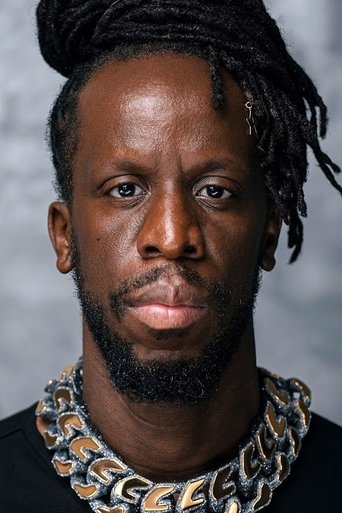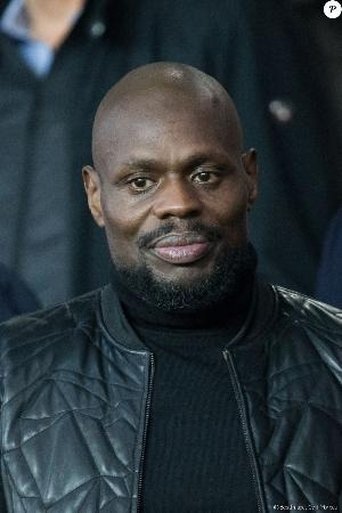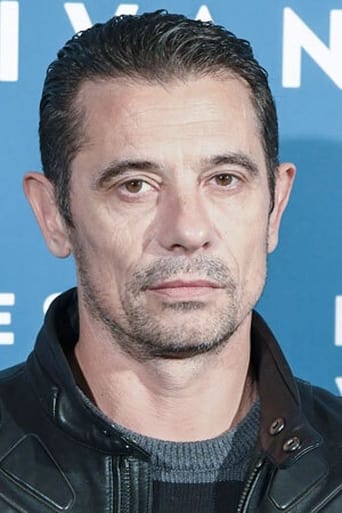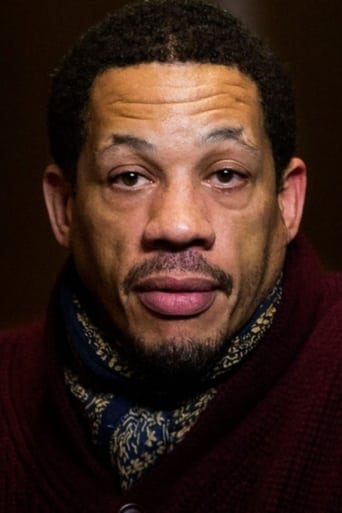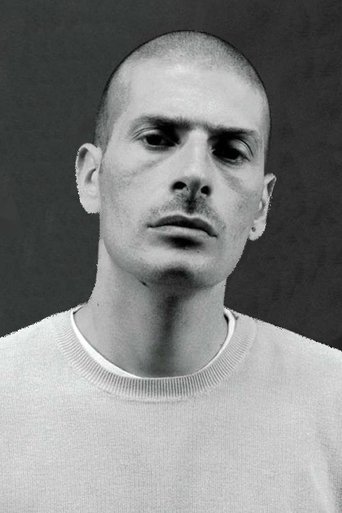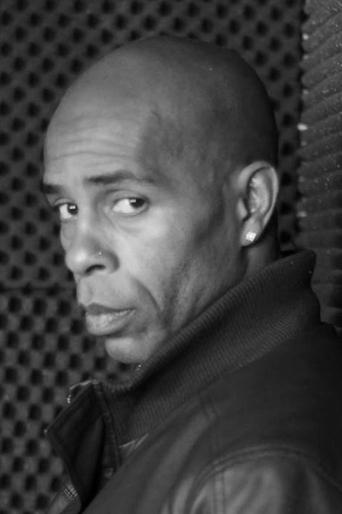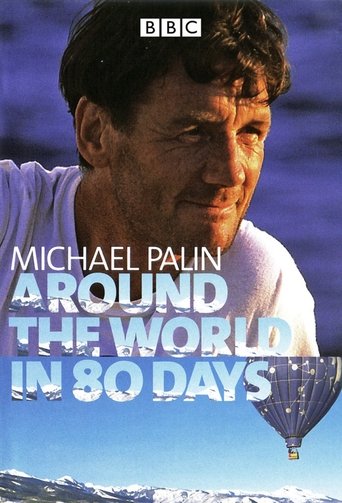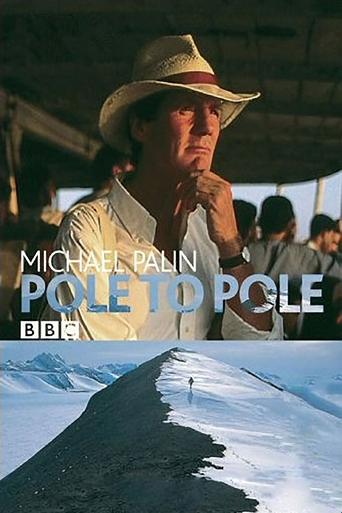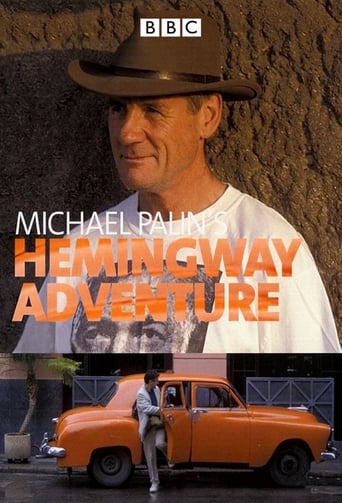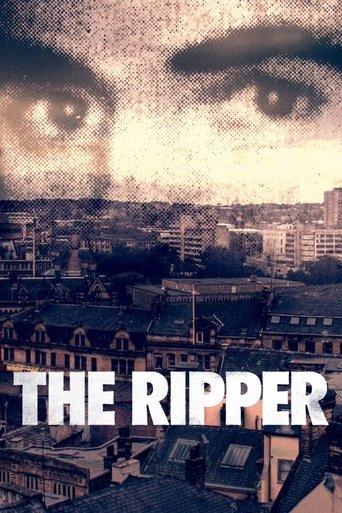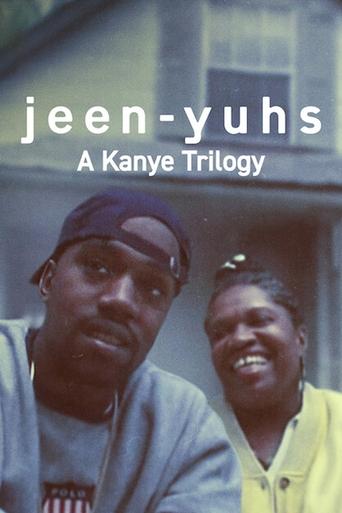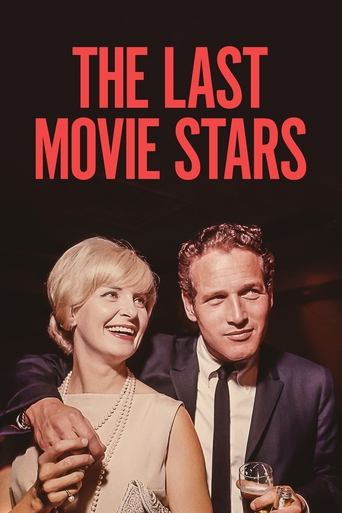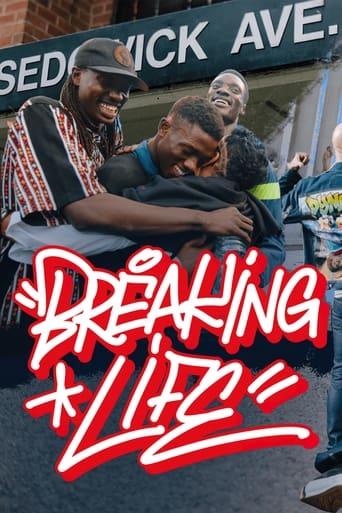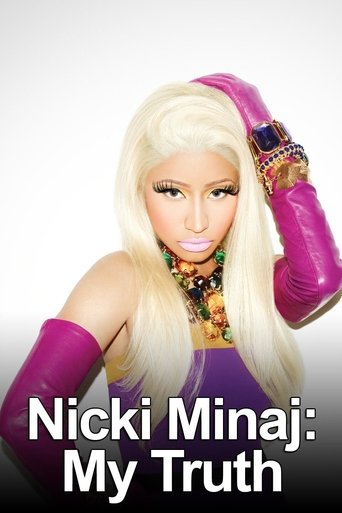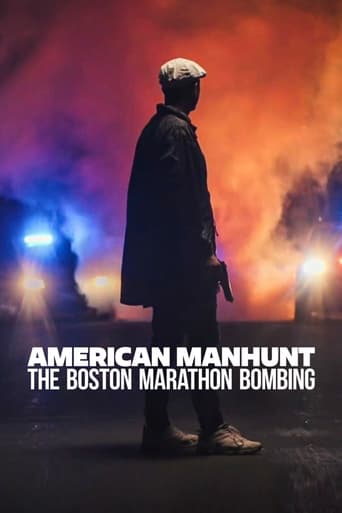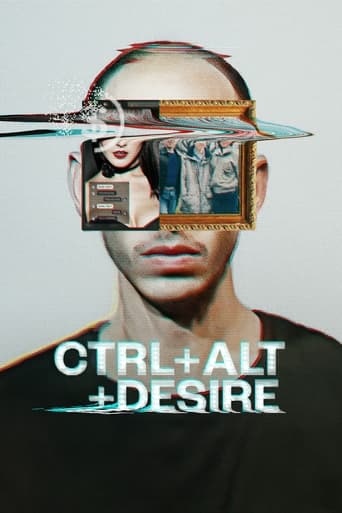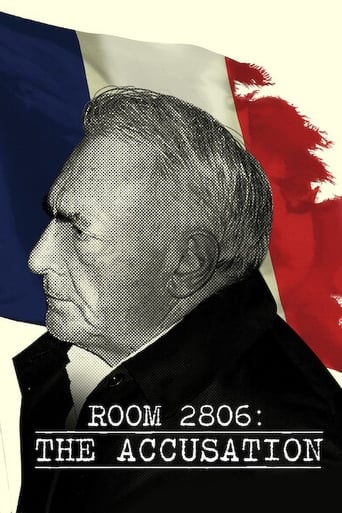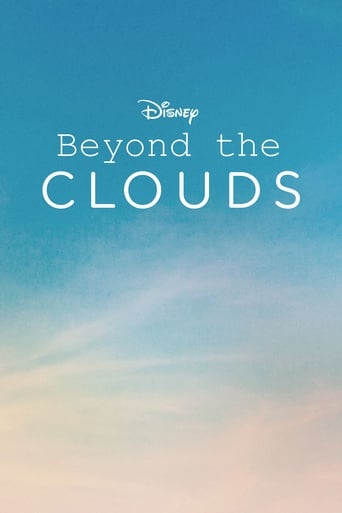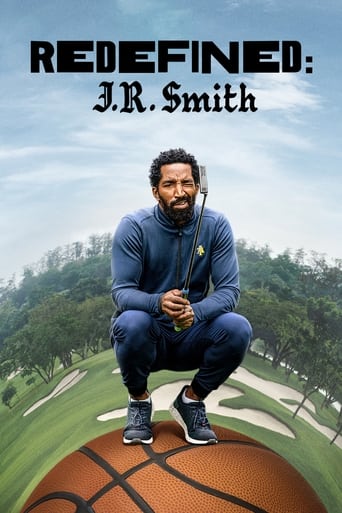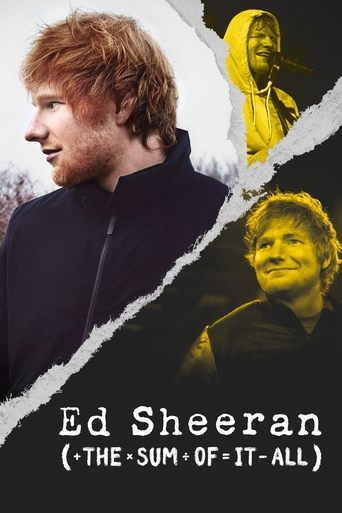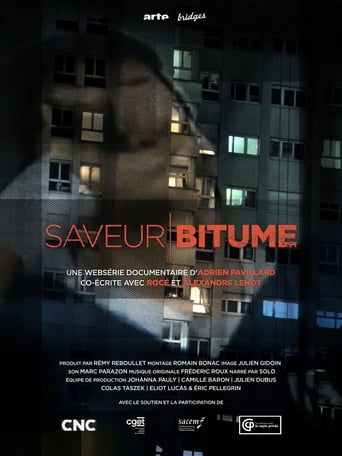
Rating:
10/10 by 1 users
Intro
Coming out of France’s suburban ghetto, the first French hip-hop artists take the country by storm in 1990. Names like Assassin, NTL and IAM were politically engaged and ready to shake things up.
Writing:
- Adrien Pavillard
Release Date:
Mon, Apr 08, 2019
Country:
Language: Fr
Runtime: 60
Country:
Language: Fr
Runtime: 60
Season 1:

Coming out of France’s suburban ghetto, the first French hip-hop artists take the country by storm in 1990. Names like Assassin, NTL and IAM were politically engaged and ready to shake things up.

The mainly BAME neighbourhoods of Paris were places mainstream media didn't go and didn't talk about. So the local rapper's became the CNN of their communities. They rapped about unemployment, police violence, everyday racism and lack of a future. They wanted to be heard by the society that had pushed them to the fringes.
![Authenticity [Part I]](assets/images/no-backdrop-w130.jpg)
Rap took off: no longer a genre on the fringes of acceptability or even on the fringes of what is considered music: it was everywhere. It was on TV, and in film, and it stormed the charts with major commercial successes. But that left many rappers with an uncomfortable choice: stay true to their underground roots or embrace the mainstream.

The rapper is a social animal. He moves in groups and collectives, like Time Bomb or Beat 2 Boul. They're like famillies, only with a message and a vision. And maybe that family is necessary: during the height of racial tensions in 90s France, controversial immigration laws left many communities feeling under attack.
![Interlude [Police]](assets/images/no-backdrop-w130.jpg)
Every generation of rapper in France tackles the diffcult and sometimes violent relationship between the police and urban French youth. And in the 90s, it became urgent after 17-year-old Makomé M'Bowolé was killed by a bullet to the head at point blank range during a police interrogation at a police station, triggering riots.

Some rappers aren't content to work for somebody else. They intend to decide for themselves on their own terms rather than feel controlled by the record industry. They want to stay independent.

In 1996, after a law was passed demanding that 40 percent of the music played on French radio be French, the radio station Skyrock became THE station to go to to listen to rap, and its influence grew to the point that it was Skyrock that could make or break music careers. It's been a love-hate relationship between the commercial radio and the artists who need to get them to play their tracks - whilst resisting the influence commercial appeal has on their work.
![Authenticity [Part II]](assets/images/no-backdrop-w130.jpg)
Rap has grown mainstream; and in doing so, has it lost its soul? And which rap has value, which one is the authentic rap? There's socially conscious rap, gangsta rap, protest rap and poetic rap. But isn't true rap about giving a voice to the voiceless, and so intrinsically an act of protest?

2005. In the aftermath of the biggest riots in France since May 68, the political class has to find the culprit. It's not the unemployment, not the failure of urban policies for the past 20 years... the problem is rap, which is anti-France. But France is going to get rid of the scum, authorities promise.

French rap may not have achieved the social changes it wanted, but it is now a firm favourite on the airwaves. This is a cultural revolution: rap is chanson francaise.

